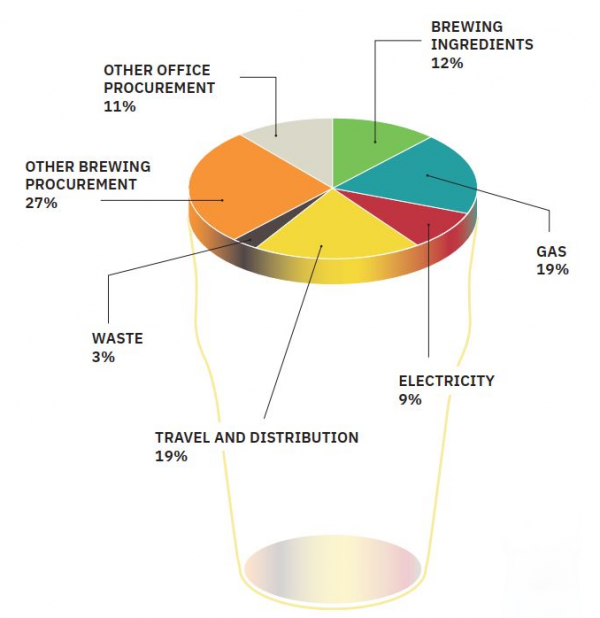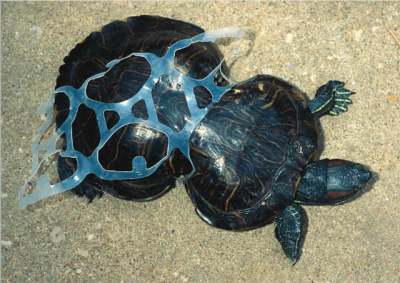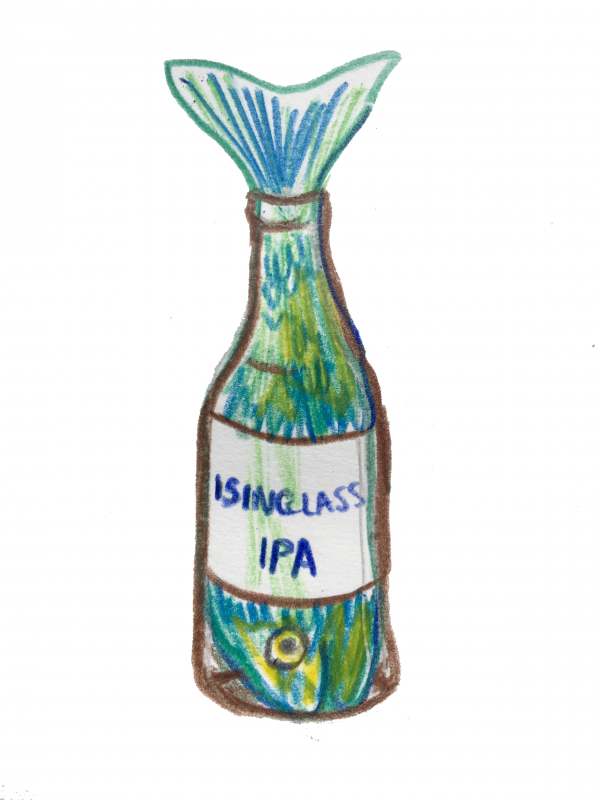Although alcohol consumption in the UK has declined during the pandemic, sales of branded bottles and cans of beer and lager from supermarkets have soared.
The market is dominated by six giant multinationals, many of which have displayed dubious ethics, as well as continuing to fall short when it comes to addressing their carbon emissions. Below we discuss their climate ratings.
Luckily, there are also more than 2,000 smaller local craft brewers out there to choose from, some of which are really innovating when it comes to ethical options.
We couldn't do ethical checks on them all, so we have picked a handful by way of example which are doing something particularly interesting such as using food waste in the brewing process, are certified organic or vegan, or are innovating around low-carbon solutions.
We may not have reviewed them, but the small craft brewer near you may often be your most ethical option.
We’ve also tried to have a spread of companies from across the UK so that you can buy locally as much as possible, although many of the beers are also available online.






